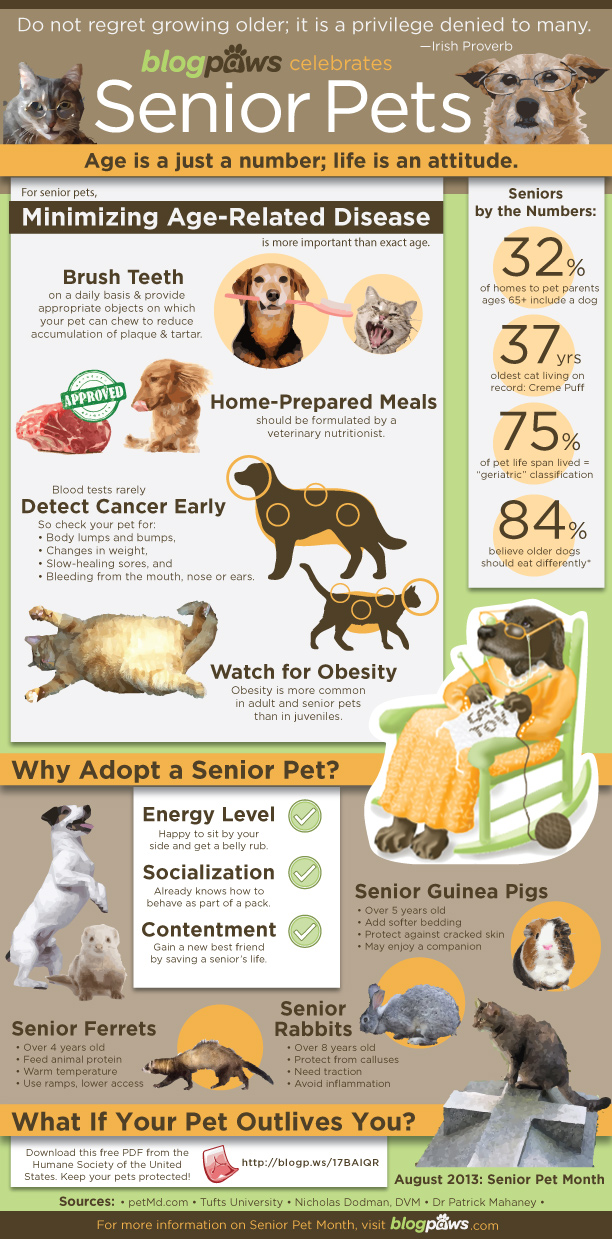Introduction:
As pet owners, our furry friends hold a special place in our hearts. They become an integral part of our families, bringing us joy, companionship, and unconditional love. As our pets age, it becomes essential to provide them with the specialized care they need to ensure their health and well-being. In this blog post, we will explore the importance of senior pet care and provide insights into how we can keep our aging pets healthy and happy.

Understanding the Aging Process:
Pets, just like humans, experience physical and mental changes as they age. Their bodies become less resilient, and they are susceptible to various health issues. Signs of aging may include reduced mobility, weight gain, changes in appetite, decreased hearing or vision, and even cognitive decline. Recognizing these signs and understanding the needs of our senior pets is crucial in providing the best care possible.
Regular Veterinary Check-ups:
One of the most crucial aspects of senior pet care is regular visits to the veterinarian. While annual check-ups are recommended for all pets, senior pets often require more frequent visits to monitor their health closely. Regular check-ups allow the veterinarian to conduct thorough examinations, identify potential health issues early on, and offer appropriate treatment options. Additionally, veterinarians may recommend blood tests, X-rays, or other diagnostic tools to assess your pet’s overall health and detect any underlying conditions.
Nutrition and Diet:
Proper nutrition plays a vital role in maintaining the health of our aging pets. As pets age, their nutritional requirements change, and they may require a specialized diet to support their specific needs. Consult with your veterinarian to determine the best diet plan for your senior pet. They may recommend a diet with reduced calories to prevent weight gain, increased fiber to aid digestion, or specific nutrient supplements to support joint health. Providing your pet with a balanced and tailored diet is essential in promoting their overall well-being.
Exercise and Physical Activity:
While senior pets may not be as active as they once were, regular exercise is still beneficial for their physical and mental health. Engaging in low-impact activities such as gentle walks or swimming can help maintain muscle mass, joint flexibility, and overall mobility. However, it is important to be mindful of your pet’s limitations and avoid activities that may cause strain or injury. Always consult with your veterinarian before starting any exercise routine for your senior pet.
Joint Care and Pain Management:
As our pets age, they may develop arthritis or other joint-related issues that can cause pain and discomfort. Providing proper joint care and managing their pain is essential in ensuring their quality of life. There are several ways to alleviate joint pain, including joint supplements, physical therapy, and medications prescribed by your veterinarian. Additionally, providing your pet with comfortable bedding and minimizing stairs or slippery surfaces can help reduce strain on their joints.
Dental Health:
Dental health is often overlooked but plays a crucial role in the overall well-being of our pets. As they age, dental problems such as gum disease or tooth decay become more common. Regular dental check-ups, professional cleanings, and proper dental hygiene at home are essential for keeping their teeth and gums healthy. Your veterinarian can provide guidance on appropriate dental care techniques and recommend dental chews or toys to aid in maintaining good oral health.
Mental Stimulation:
Just like humans, pets can experience cognitive decline as they age. Keeping their minds active and engaged is vital to their overall well-being. Engage in activities that stimulate their senses, such as puzzle toys, interactive games, or training sessions. These activities not only exercise their brains but also provide opportunities for bonding and social interaction.
Emotional Care:
Senior pets may experience anxiety or stress due to changes in their routine or environment. Providing them with a calm and comfortable living space, ample love and attention, and maintaining a consistent routine can help alleviate these feelings. Additionally, consider introducing them to new experiences or gentle socialization to keep their spirits high and their minds engaged.
Conclusion:
As pet owners, it is our responsibility to ensure that our aging pets receive the care they need to live happy and healthy lives. Regular veterinary check-ups, a balanced diet, exercise, joint care, dental health, mental stimulation, and emotional support are key components of senior pet care. By understanding the aging process and addressing their specific needs, we can give our loyal companions the best chance at a comfortable and fulfilling life in their golden years. Remember, the love and care we provide to our aging pets will be reciprocated with unwavering loyalty and companionship.

